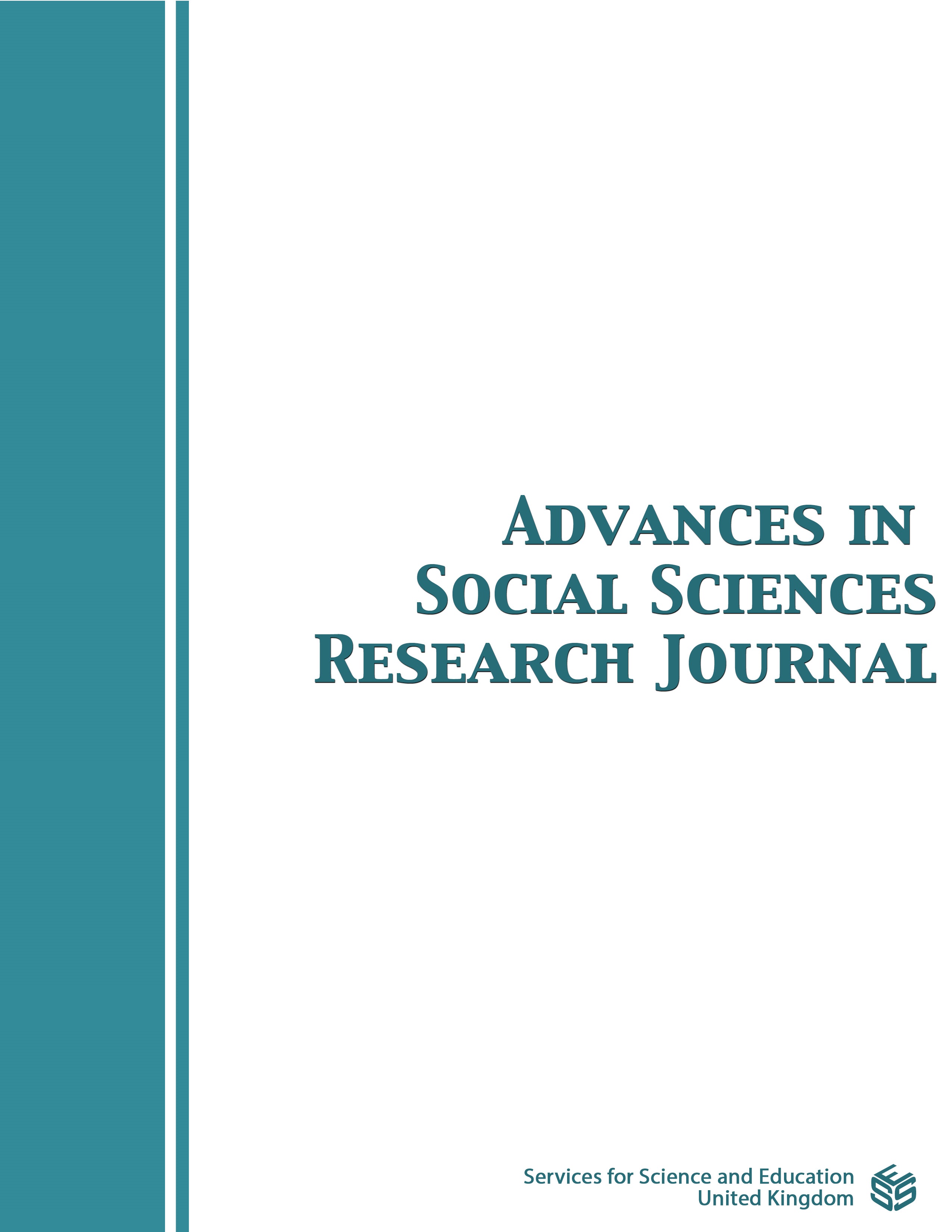Educational Management Decentralisation and Its Effect on Teacher Outputs: A Case of Ghanaian Basic Schools
DOI:
https://doi.org/10.14738/assrj.93.12009Keywords:
Teacher Motivation, Decentralization, Teacher discipline, Quality TeachingAbstract
Although touted as having impacts on educational performance in some countries not much attention has been given to investigating the relationship between decentralisation of educational management and the teacher outcomes in the Ghanaian context. The study thus sought to investigate the effect of decentralised systems on teacher motivation in Ghanaian basic public schools, to determine the effect of decentralised systems on quality teacher in Ghanaian basic public schools, and to investigate the effect of decentralised systems on Teacher discipline in Ghanaian basic public schools. A concurrent mixed design was employed in this study, however only quantitative findings are reported. A multistage random sampling technique was used to select 408 public and private schools from nine regions. Primary data based on a Cross-sectional survey making use of a survey questionnaire. Multiple Linear Regression analysis was employed for analysis. Results from Multiple Regression analysis reveal adequacy of the models of the study (R2 > 0.5). It was found that the District Education Oversight Committees roles in Personnel management, Organization of Instruction, had significant effect on teacher outputs including teacher motivation, teacher discipline, quality of teaching, and opportunities to learn. It was recommended that various Assemblies take the work of DEOC seriously and make resources available for their effective role in the management of Basic School to ensure effective implementation of decentralisation at the local level.
Downloads
Published
How to Cite
Issue
Section
License
Copyright (c) 2022 Alex Kyeremeh, Jacob Aaworb-nang Maabobr Kor

This work is licensed under a Creative Commons Attribution 4.0 International License.
Authors wishing to include figures, tables, or text passages that have already been published elsewhere are required to obtain permission from the copyright owner(s) for both the print and online format and to include evidence that such permission has been granted when submitting their papers. Any material received without such evidence will be assumed to originate from the authors.






